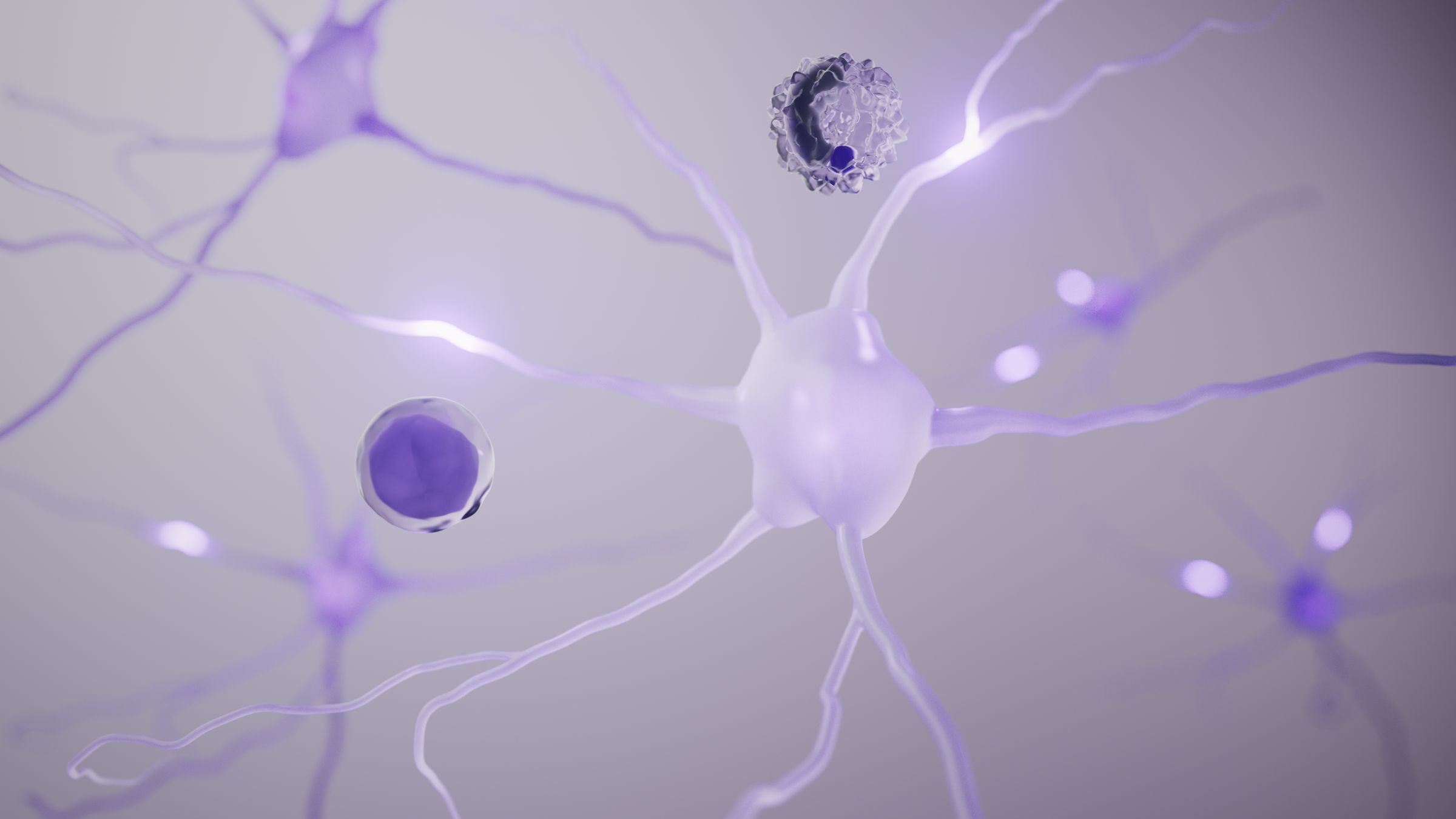Meningococcal disease is a name for any infection caused by bacteria called Neisseria meningitidis. The two most common types of meningococcal infections are meningitis and bloodstream infections.1
Meningococcal meningitis is a bacterial form of meningitis, a serious infection of the thin lining that surrounds the brain and spinal cord. Common symptoms of meningitis include fever, neck stiffness, confusion, headache, sensitivity to light, nausea and vomiting. Infants may exhibit unusual behaviour, such as being less active and difficult to wake, irritability, weak & continuous crying, poor feeding and bulging of the soft spot in their head. 2
Around 1 in 6 people who get bacterial meningitis die and 1 in 5 have severe complications such as hearing loss, seizures, limb weakness, difficulties with vision, speech, language, memory and communication, as well as scarring and limb amputations after sepsis. 2
Meningococcal Meningitis can affect anyone, anywhere, and at any age.2 Meningococcal disease is prevalent in India but is underestimated and under-reported. N. meningitidis is found in 4.5–23.4% and 0.1–7.6% of suspected meningitis cases in outbreak and non-outbreak settings respectively. 3 Factors that influence incidence, complications and deaths due to meningococcal disease in India are patient age, clinical presentation and time to treatment.
Vaccines offer the best protection against common types of bacterial meningitis.2 As a health partner, we introduced innovative solutions to prevent meningococcal meningitis in India.
References:
